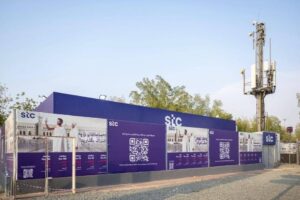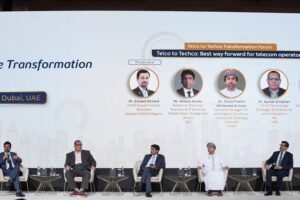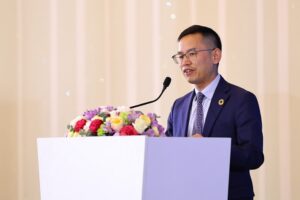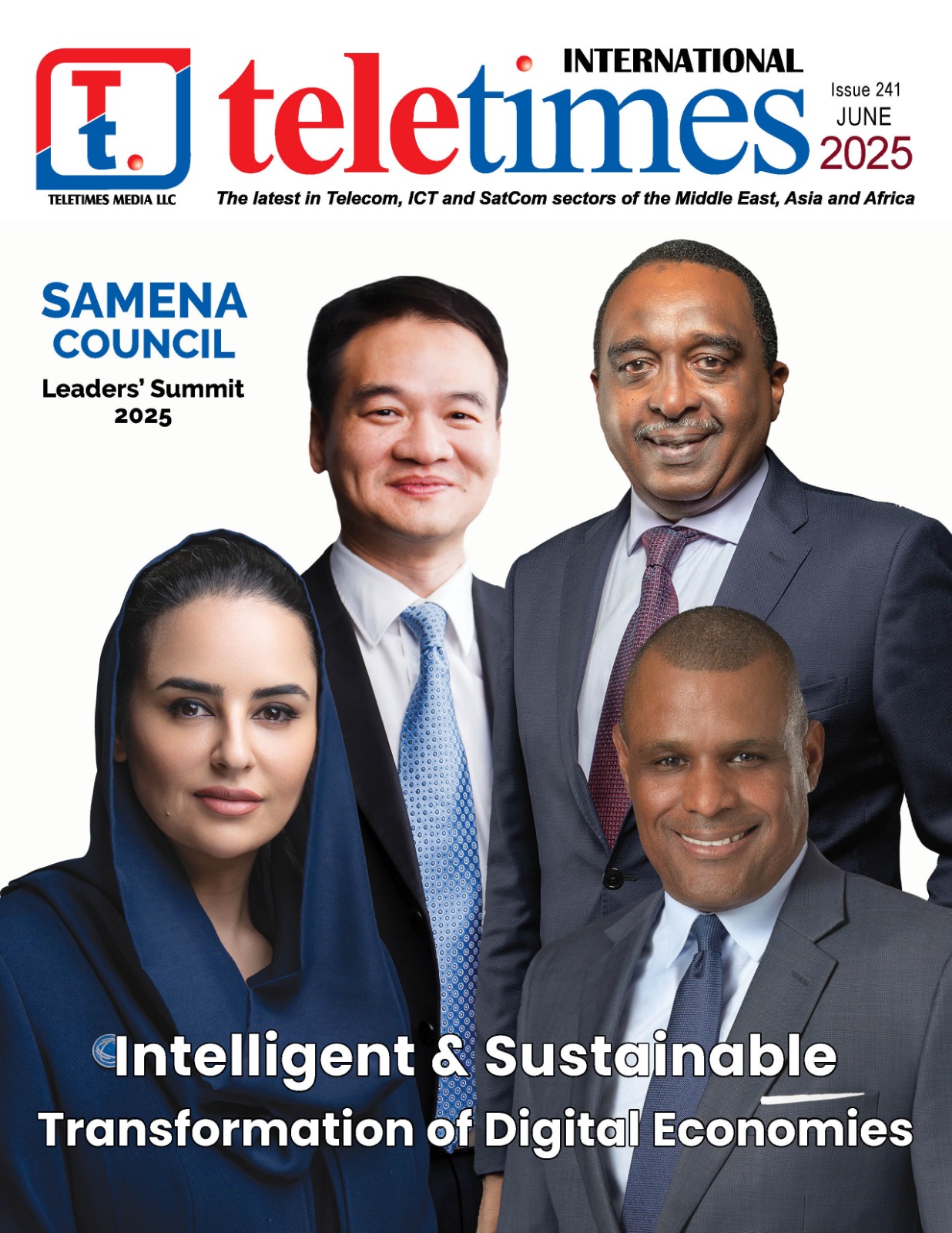Ericsson has launched a new software toolkit to strengthen 5G Standalone network capabilities and enable premium services with differentiated connectivity. The portfolio enhancement comes as the growth of new use cases and rising mobile user expectations for the quality of the 5G experience are putting greater demands on network capacity and performance.
The toolkit is designed for communications service providers (CSPs) to deliver use cases with high requirements on throughput, reliability, and latency at agreed performance levels. Examples of these are lag-free mobile cloud gaming, video conferencing, live broadcasting, remote-controlled machines and vehicles, public safety services, and future XR applications.
The fast speeds, consistent low latency, and greater bandwidth of 5G are key enablers of such experience-focused use cases. However, the growth of advanced and diverse use cases puts higher requirements on the network to deliver differentiated performance levels. As more demanding applications emerge, alternatives to the one-size-fits-all approach to wireless connectivity need to be considered.
Sibel Tombaz, Head of Product Line 5G RAN, Ericsson, says: “Ericsson is at the forefront of global 5G network leadership, extending connectivity to all corners of the world. We’re reshaping connectivity and facilitating a seamless transition from ‘best-effort’ mobile broadband to premium experiences with service-level agreements. Our new innovative software toolkit empowers our customers to unlock advanced 5G applications through differentiated connectivity. This not only guarantees on-demand service excellence but also propels us toward our vision of networks as a platform.”
According to the latest Ericsson ConsumerLab report, 20 percent of smartphone users are seeking differentiated 5G connectivity. These individuals value premium connectivity and are willing to pay a premium of up to 11 percent for a 5G plan that ensures elevated network performance.
Ericsson’s innovative software toolkit offers enhanced features for Massive MIMO, Advanced RAN Slicing, Time-Critical Communication and 5G Core. It supports a three-pronged approach to delivering a network platform that turns performance into loyalty, value and growth: ensuring superior performance for mobile broadband services; offering differentiated experiences for new and advanced consumer and enterprise use cases and, with these two building blocks, create programmable network performance on-demand through network APIs.
The software toolkit offers the following key capabilities:
- Enhanced Massive MIMO software algorithms for channel-aware Multi-User Multiple-Input Multiple-Output (MU-MIMO) pairing and optimal beamforming selection based on user velocity. These further boost capacity in mid-band deployments with up to 10 percent incremental user throughput gain in high load, allowing for smoother introduction of new services that require high reliability and low latency.
- RAN Slicing advancements with intent-based automation for Automated Radio Resource Partitioning and Rate and Delay Control Scheduling to meet target delivery on a 1 millisecond (ms) basis. Efficient service-level agreement (SLA) fulfillment is enabled by real-time automation.
- Improved consistent low-latency capabilities of Time-Critical Communication, with Uplink Configured Grant and L4S (Low latency, Low loss, Scalable Throughput) for superior quality of experience even during network congestion and under poor radio conditions. Up to 90 ms latency improvement in high-load scenario.
- Data boost upsell and L4S support in 5G Core, which allows users to purchase a boost on top of their existing subscription through notification to the device, as well as new capabilities to enable and monetize L4S for selected subscription packages.
Changsoon Choi, Vice President, Network Service Differentiation and Convergence, Deutsche Telekom, says: “Our innovation focus at Deutsche Telekom is on developing new differentiated services. Working with Ericsson and partners, we have demonstrated the quality of experience benefits of a consistent low latency and actively pushed the ecosystem in this area. We now welcome the launch of 5G slicing and L4S in Ericsson’s RAN software offering as we prepare the next steps to bring the benefits to our customers.”
Patrick Filkins, Research Manager, IoT and Telecom Network Infrastructure, at IDC, says: “Ericsson is flexing its muscle to provide communications service providers with the tools they need to efficiently target and drive new premium services with differentiated 5G connectivity. The latest batch of RAN and Core software features is a much-needed shot in the arm that will empower CSPs to turn 5G opportunities into reality through guaranteed service levels.”












